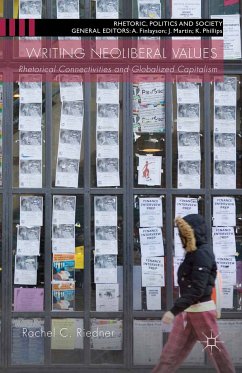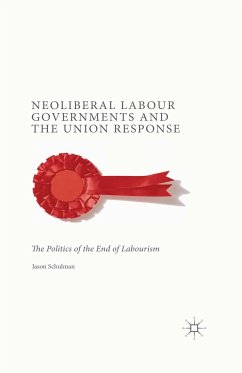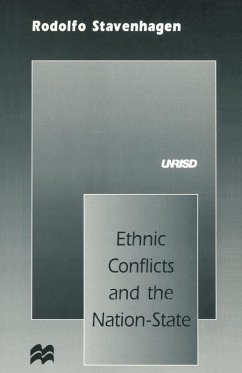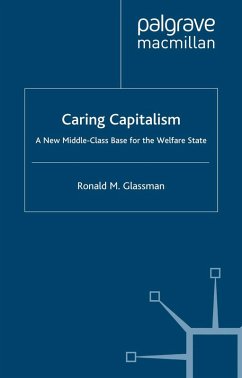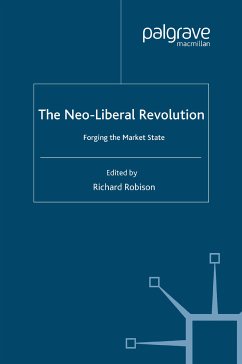'Rachel Riedner constructs a piercing transnational feminist analysis of contemporary human-interest stories. The book's archive of the unsubstantial reveals the pervasive rhetorical force that draws on affective cultural scripts and is underwritten by a global capitalist political economy. Not only does Riedner brilliantly interrogate the violence of value encoded in the rhetoric of neoliberal inclusion; she offers a rich critical literacy to bring into crisis our most baleful contemporary settlements.' Keith P. Feldman, Assistant Professor of Comparative Ethnic Studies, UC Berkeley, USA
'Rachel Riedner's Writing Neoliberal Values carefully places sticks in the grinding gears of late capitalism, searching for and finding the
stories, personalities, and attachments that gum up cultural investment in the smooth violence of neoliberal discourse. Don't just read this book. Work with your colleagues, communities, and classrooms to continue writing this book.' Jay Dolmage, Associate Professor of English, University of Waterloo, Canada, Founding Editor, Canadian Journal of Disability Studies, and author, Disability Rhetoric
'Through compelling rhetorical re-readings of human-interest stories, Riedner demonstrates the dangers of neoliberal associations of self-responsibility, inclusion, and freedom with economic values of privatization, free markets, and free trade. She very successfully develops protocols of reading what she calls this "affective, compromised, violent archive".' Elizabeth Flynn, Emeritus Professor of Reading and Composition, Michigan Technological University, USA
